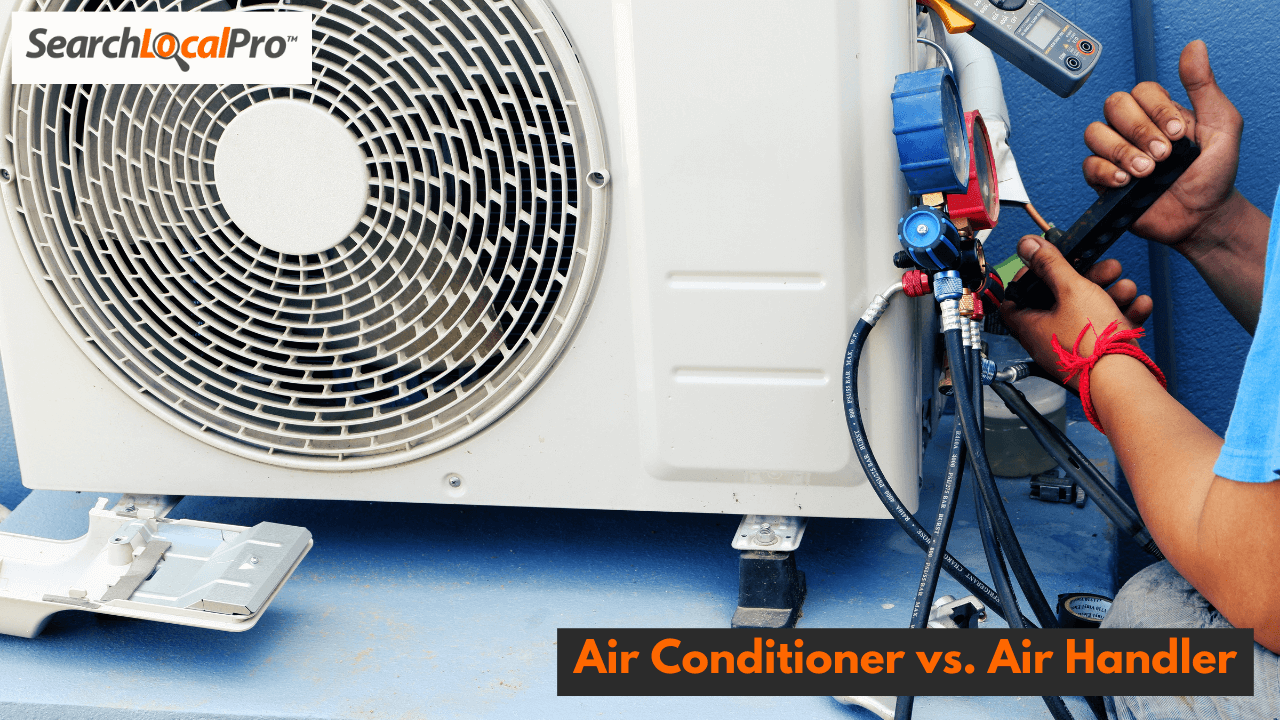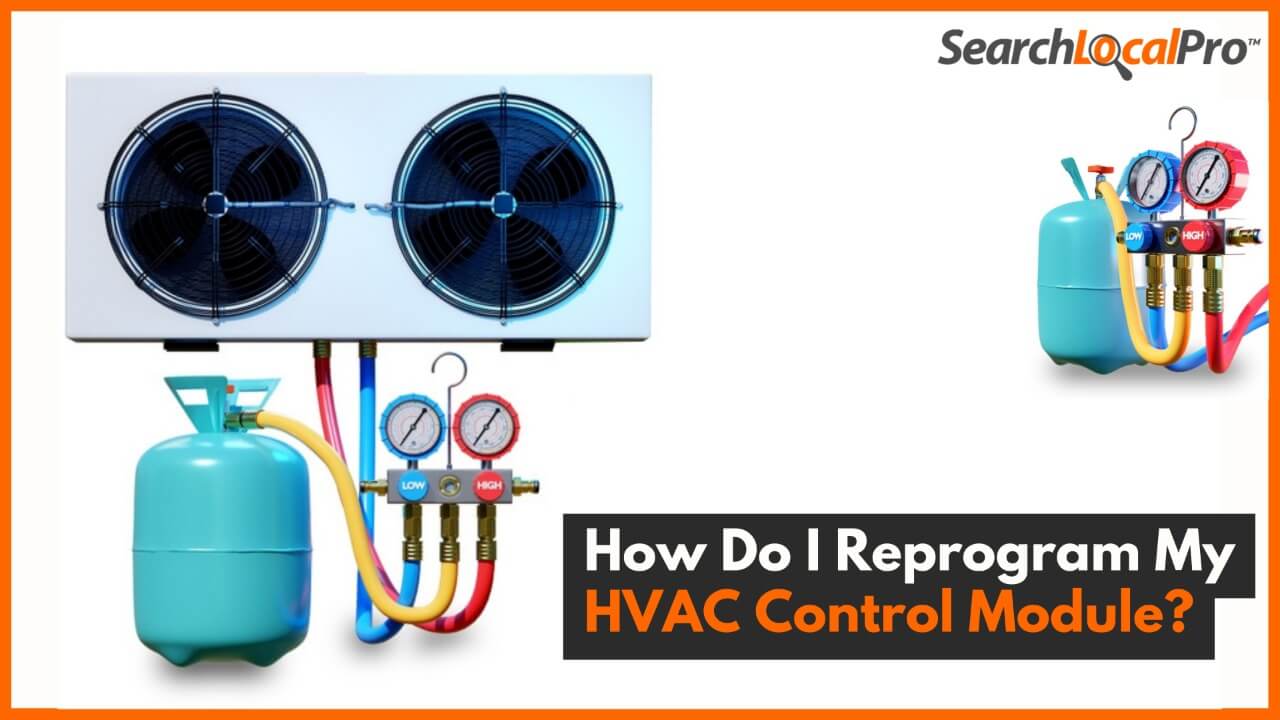Ever felt confused by the inner workings of your home’s climate control system? Terms like “air conditioner” and “air handler” often get thrown around, but what exactly do they mean, and are they the same thing? Understanding the key differences between an air conditioner and an air handler is crucial for maintaining a comfortable and efficient home environment. This comprehensive guide will unveil the mysteries behind these essential HVAC components, empowering you to make informed decisions about your comfort needs.
What is an Air Conditioner?
An air conditioner, often abbreviated as AC, acts as the workhorse of your cooling system. It’s typically located outdoors, strategically positioned to expel hot air from your home. Here’s a breakdown of its core functions:
- Heat Absorption: An air conditioner utilizes a refrigerant, a special chemical that absorbs heat from the indoor air. This refrigerant circulates through a closed loop system within the AC unit.
- Heat Transfer: As the refrigerant absorbs heat, it transitions from a liquid to a gas state. This hot gas then travels through coils within the AC unit, where it transfers the absorbed heat to the outside air via a fan.
- Temperature Regulation: Once the heat is expelled outdoors, the cooled refrigerant travels back into the AC unit, converting back into a liquid state. This cool liquid refrigerant is then circulated through another set of coils inside the air conditioner.
What is an Air Handler?
Think of the air handler as the invisible conductor of your home’s comfort symphony. Located indoors, typically near the furnace or in a dedicated closet, it plays a vital role in distributing conditioned air throughout your living space. Here’s what the air handler brings to the table:
- Air Circulation: The air handler houses a powerful blower fan that draws warm indoor air through return ducts.
- Temperature Exchange: This warm air is then passed over a coil connected to the refrigerant system, either from the air conditioner in the summer or the furnace in the winter (if your system is a split system). In the case of cooling, the cool refrigerant in the coil absorbs heat from the warm air.
- Airflow Distribution: The cooled air is then pushed back through a network of supply ducts, reaching every corner of your home through vents strategically placed in walls or ceilings.
Air Conditioner vs. Air Handler: The Key Differences
While both components play a vital role in home comfort, their functionalities are distinct:
- Location: An air conditioner resides outdoors, battling the elements to remove heat from your home. The air handler, on the other hand, thrives indoors, ensuring proper air circulation and temperature control.
- Function: The air conditioner focuses solely on heat removal, transforming hot indoor air into cool air. The air handler, however, is a multi-talented performer. It not only distributes cool air during summer but also works in tandem with a furnace (in split systems) to circulate warm air during winter.
- Heating Systems: Traditional air conditioners don’t require an air handler if the home heating system utilizes a separate furnace with its own blower. However, split-system heat pumps, which provide both heating and cooling, rely on an air handler to distribute conditioned air regardless of the season.
Factors to Consider: Air Conditioner vs. Air Handler
Once you understand the distinct roles of each component, you might be wondering about additional factors to consider:
- Cost: Air conditioners, particularly high-efficiency models, can be more expensive than air handlers. However, air handlers also have a lifespan and may require replacement eventually.
- Replacement Cost: Replacing an air conditioner typically carries a higher price tag compared to an air handler.
- Maintenance: Both air conditioners and air handlers benefit from regular maintenance to ensure optimal performance and efficiency.
FAQs:
What is the difference between an air conditioner and an AHU (Air Handling Unit)?
While the terms “air handler” and “air handling unit” (AHU) are sometimes used interchangeably, there can be subtle distinctions. AHUs generally handle a wider range of functions beyond simple temperature control, such as air filtration, humidification, and dehumidification.
Do AC units come with air handlers?
Not always. Traditional air conditioners paired with a furnace might not require a separate air handler, as the furnace utilizes its own blower fan for air circulation. However, split-system heat pumps that provide both heating and cooling rely on an air handler for year-round comfort.
What is the difference between an air handler and a make-up air unit (MAU)?
Make-up air units (MAUs) primarily focus on replacing air exhausted from a building to maintain proper pressure balance. While air handlers circulate conditioned air within a closed loop, MAUs can introduce fresh outdoor air while managing temperature and




